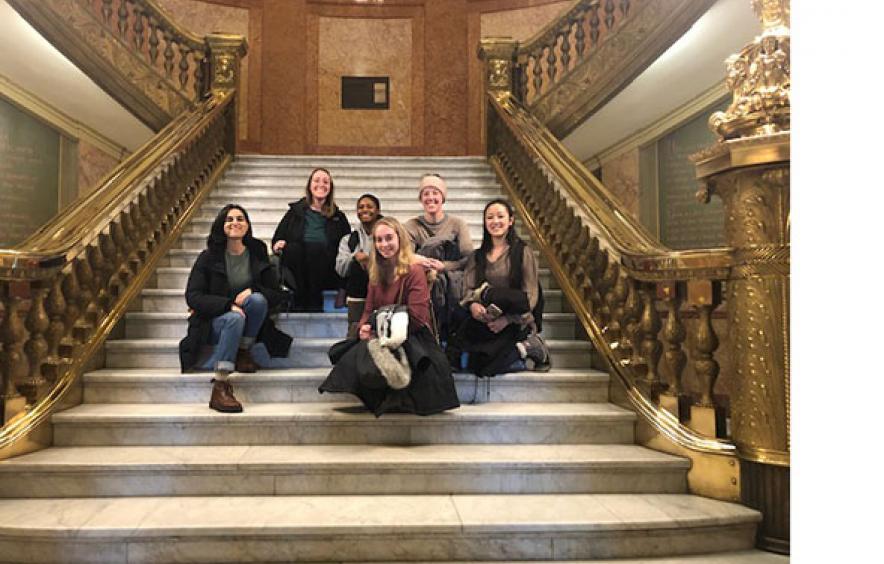MA Forensic Psychology
Click here to view a recording of the fall 2025 information session: Recorded Information Session
The Master of Arts in Forensic Psychology (MAFP) degree incorporates master’s level clinical psychology training with coursework and practicum experiences with a concentration on psychology and law. The program ties the application of psychological theory, knowledge, skills and competencies to the civil and criminal justice systems. It is designed to develop mental health professionals who effectively work in clinical settings within the criminal and civil legal system, including but not limited to:
- Adult, juvenile, and child populations
- Victim assistance
- Police consultation
- Correctional institutions
- Domestic violence and child abuse programs
- Litigation consulting
- Crisis Intervention and Response Unit co-responder programs
- Specialty courts
Featured Courses
CPSY 4410
Criminal Evaluations
About this Course
Incidence and prevalence of criminal violence; risk assessment within the context of prediction, supervision and intervention in both a correctional and mental health setting. Special topics will include assessment of various legal competencies, the insanity of defense and assessment of dangerousness.
Research
We provide program evaluation for local and regional programs, conduct high-quality original research and lead local and national grant-funded opportunities.
Service
We provide low-cost, high-quality clinical services to underserved forensic populations and act as a test site for innovative programs and practices in forensic mental health.
Training
We consult with agencies involved in forensic mental health service and lead engaging workshops, trainings and presentations. Current projects and partnerships include working with incarcerated adults, child welfare cases, juveniles on probation, recently released adult offenders, offenders with neuropsychological deficits, animal cruelty cases, and persons facing competency issues.










